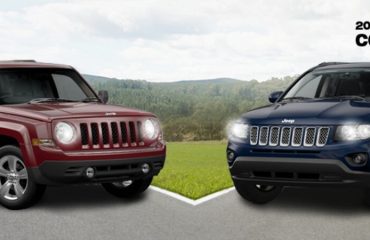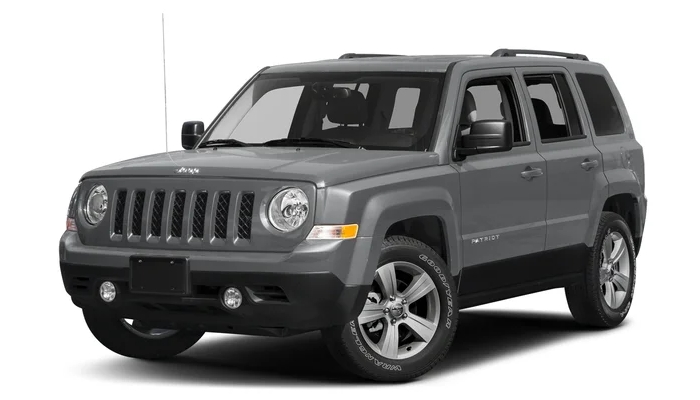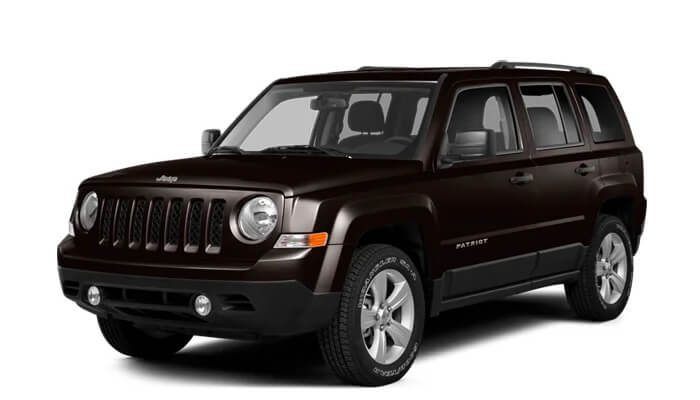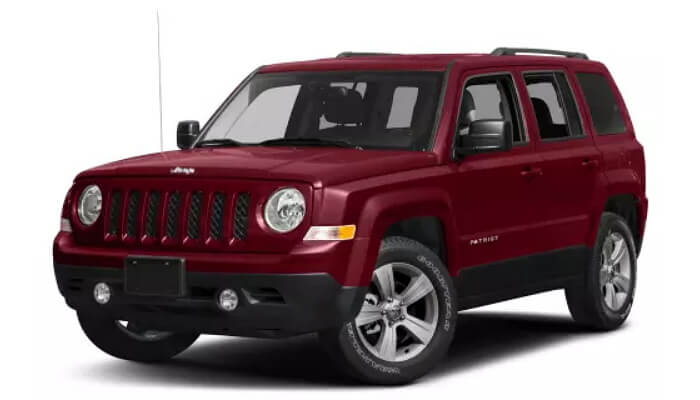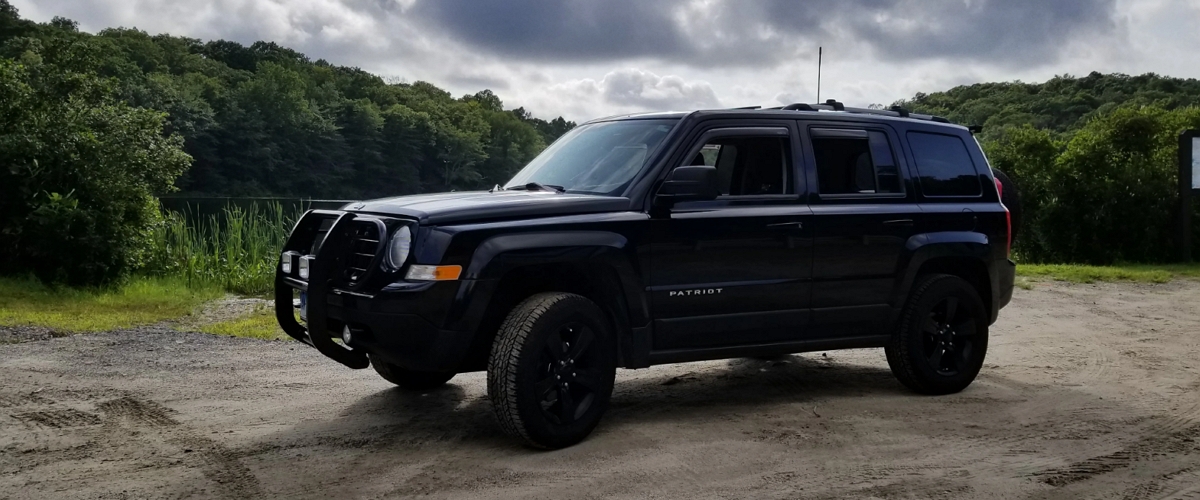
Whether you’re a seasoned Jeep owner or new to the off-roading scene, understanding the importance of routine maintenance for your Jeep Patriot is key to a long and healthy vehicle lifespan. By sticking to the basics, you’ll prevent costly repairs down the road and ensure your vehicle is always adventure-ready.
Know Your Jeep Patriot Maintenance Schedule
Each Jeep Patriot is equipped with a manufacturer-recommended maintenance schedule, which serves as a roadmap for when specific services are due. Adhering to this schedule can significantly extend the lifespan of your vehicle and maintain optimal performance.
- Why Follow the Maintenance Schedule? The maintenance schedule isn’t just a set of arbitrary dates; it’s a carefully curated timeline designed to optimize vehicle performance and longevity. The wisdom of Thomas Edison encapsulates it perfectly: “The value of an idea lies in the using of it.”
- Interpreting Your Service Intervals. Your Jeep Patriot maintenance schedule comprises various service intervals, each corresponding to a particular set of maintenance tasks. Typical service intervals include oil and filter changes, tire rotations, brake inspections, and fluid checks.
- Understanding Maintenance Symbols. Your Jeep’s dashboard is replete with symbols designed to alert you of potential issues. It’s crucial to understand these symbols to respond promptly and appropriately.
Routine Care for Your Jeep Patriot
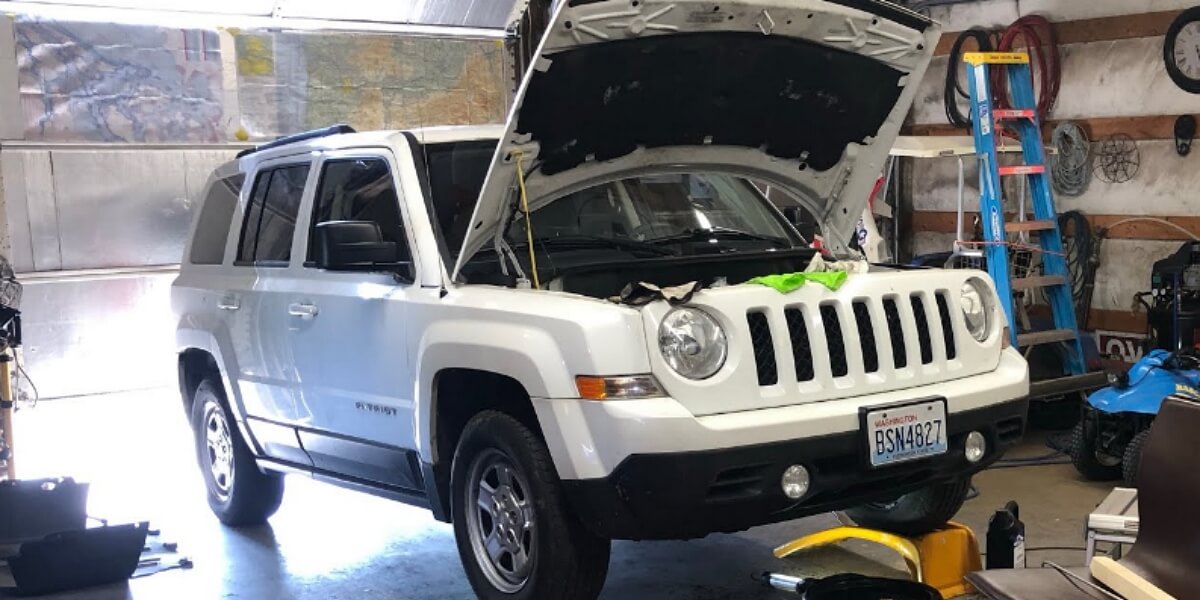
Implementing routine care is crucial to prevent small issues from spiraling into significant problems. Following are some fundamental care tips:
- Regular Oil Changes: Checking your oil level monthly and changing it as recommended by the manufacturer is key.
- Tire Maintenance: Regular tire rotations and maintaining the correct tire pressure prolong tire life and improve fuel efficiency.
- Brake Checkups: Yearly brake inspections can help avert expensive repairs and dangerous situations on the road.
The Initial Inspection: A Comprehensive Courtesy Check
The Courtesy Check includes an exhaustive inspection of crucial elements of your Jeep Patriot. The following are checked during this process:
- Car Battery
- Head and Tail Lights
- Tires
- Fluid Levels
- Wheel Alignment
- Windshield Wipers
The Importance of Battery Maintenance
Could your Jeep Patriot be due for a new battery? Typically, batteries require replacement every three to five years, although your Jeep Patriot may need one sooner depending on your driving habits and local climate. Both hot and cold temperatures can adversely affect your Jeep Patriot battery, as can frequent short drives. Replacing your battery proactively, instead of waiting until it fails, is recommended to avoid unexpected breakdowns.
Steering System Maintenance for Your Jeep Patriot
Regular maintenance of the steering system of your Jeep Patriot can significantly enhance ride comfort and help maintain control over your vehicle. Avoid the risk posed by a misaligned or unresponsive steering wheel. Auto Care technicians are well-equipped to inspect this system and offer necessary Jeep Patriot steering and suspension services. These can include:
- Wheel Alignment
- Strut Replacement
- Power Steering Fluid Changes
- Ball Joint Lubrication
- Wheel Bearing Replacement
Prevent damage or early wear and tear on your Jeep Patriot’s steering system with consistent and professional maintenance. You can count on us for maintaining your Jeep Patriot to its optimal performance level.
Maintaining Your Jeep Patriot’s Engine
Sticking to a schedule for battery replacements and oil changes can lead to a smoother-running engine in your Jeep Patriot. Jeep’s recommended oil change intervals for your Patriot can be found in the chart at the top of this page. Keep in mind, these intervals can fluctuate based on factors like your average outside temperature or frequency of trips.
The engine is the heart of your vehicle. Here are some key considerations to maintain it in top-notch condition:
- Regular Engine Oil and Filter Checks. Regular inspection of engine oil and filters helps maintain the engine’s performance and can avert potential damage down the line.
- Cooling System Maintenance. Regular checks on the coolant level are crucial to prevent overheating and subsequent engine damage.
- Timing Belt Replacement. Timing belts should be replaced as per the manufacturer’s guidelines, typically every 60,000 to 100,000 miles.
Taking proper care of your Jeep Patriot does not merely maintain it; it prolongs its life, as beautifully encapsulated in this quote by Henry Ford: “A business that makes nothing but money is a poor business.” Similarly, an off-roader that takes no care of his vehicle makes a poor off-roader indeed. Happy off-roading, Jeep Patriots!
Questions and Answers
Q: How often should I get my Jeep Patriot serviced?
A: The general guideline is to service your vehicle every 12,000 miles or 12 months, whichever comes first. However, check your Jeep Patriot’s specific recommendations in the owner’s manual.
Q: What is the recommended oil for the Jeep Patriot?
A: Jeep recommends using 5W-20 or 5W-30 oil for the Patriot, depending on your usual driving temperature.
Q: How often should I rotate my Jeep’s tires?
A: It’s usually best to rotate your tires every 6,000 to 8,000 miles.
Q: When should I replace my Jeep’s timing belt?
A: Timing belts should generally be replaced every 60,000 to 100,000 miles, but you should check your owner’s manual for your Jeep’s specific recommendations.
Q: What should I do if my engine overheats?
A: If your engine overheats, pull over safely and immediately turn off the engine. Allow the engine to cool for at least 30 minutes before checking the coolant level. Refill if necessary and seek professional help.

